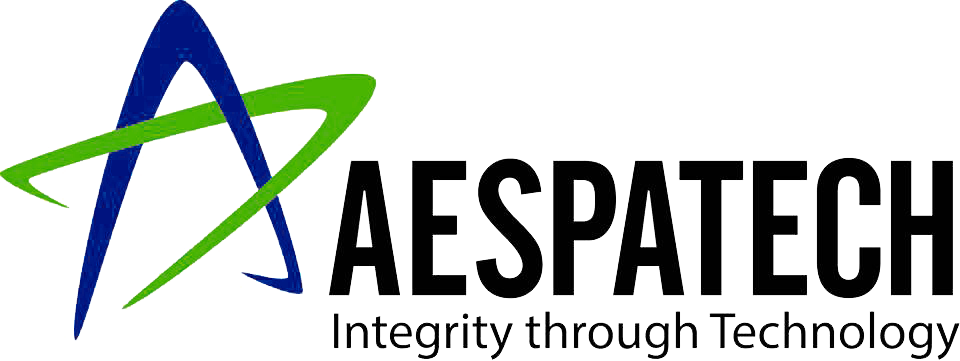Is a data platform that provides everything you need to build real-time data-driven applications. Learn about the different features and components, how to use them and how to program your applications.
Online Live Training
Video Based Training
Corporate Training
50+ Hours
Introducing the Java Technology
- RELATING JAVA WITH OTHER LANGUAGES
- Showing how to download, install, and configure the Java environment on a Windows system.
- Describing the various Java technologies such as Java EE, JavaME, Embedded Java SE
- Describing key features of the technology and the advantages of using Java
- USING AN INTEGRATED DEVELOPMENT ENVIRONMENT (IDE)
Thinking in Objects
- Defining the problem domain
- Identifying objects and recognizing the criteria for defining objects
Introducing the Java Language
- Defining classes
- Identifying the components of a class
- Creating and using a test class
- Compiling and executing a test program
Working with Primitive Variables
- Declaring and initializing field variables
- Describing primitive data types such as integral, floating point, textual, and logical
- Declaring variables and assigning values
- Using constants
- Using arithmetic operators to modify values
Working with Objects
- Declaring and initializing objects
- Storing objects in memory
- Using object references to manipulate data
- Using JSE javadocs to look up the methods of a class
- Working with String and StringBuilder objects
Using operators and decision constructs
- Using relational and conditional operators
- Testing equality between strings
- Evaluating different conditions in a program and determining the algorithm
- Creating if and if/else constructs
- Nesting and chaining conditional statements
- Using a switch statement
Creating and Using Arrays
- Declaring, instantiating, and initializing a one-dimensional Array
- Declaring, instantiating, and initializing a two-dimensional Array
- Using a for loop to process an Array
- Creating and initializing an ArrayList
- Using the import statement to work with existing Java APIs
- Accessing a value in an Array or and ArrayList
- Using the args Array
Using Loop Constructs
- Creating while loops and nested while loops
- Developing a for loop
- Using ArrayLists with for loops
- Developing a do while loop
- Understanding variable scope
Working with Methods and Method Overloading
- Creating and Invoking a Method
- Passing arguments and returning values
- Creating static methods and variables
- Using modifiers
- Overloading a method
Introducing Advanced Object Oriented Concepts
- Using inheritance
- Using types of polymorphism such as overloading, overriding, and dynamic binding
- Working with superclasses and subclasses
- Adding abstraction to your analysis and design
- Understanding the purpose of Java interfaces
- Creating and implementing a Java interface
Handling Errors
- Understanding the different kinds of errors that can occur and how they are handled in Java
- Understanding the different kinds of Exceptions in Java
- Using Javadocs to research the Exceptions thrown by the methods of foundation classes
- Writing code to handle Exceptions
The Big Picture
- Creating packages and JAR files for deployment using java
- Two and three tier architectures
- Looking at some Java applications examples
Java Platform Overview
- Introductions
- Course Schedule
- Java Overview
- Java Platforms
- OpenJDK
- Licensing
- Java in Server Environments
- The Java Community Process
Java Syntax and Class Review
- Simple Java classes
- Java fields, constructors and methods
- Model objects using Java classes
- Package and import statements
Encapsulation and Polymorphism
- Encapsulation in Java class design
- Model business problems with Java classes
- Immutability
- Subclassing
- Overloading methods
- Variable argument methods
Java Class Design
- Access modifiers: private, protected and public
- Method overriding
- Constructor overloading
- The instance of operator
- Virtual method invocation
- Polymorphism
- Casting object references
- Overriding Object methods
Advanced Class Design
- Abstract classes and type generalization
- The static and final modifiers
- Field modifier best practices
- The Singleton design pattern
- Designing abstract classes
- Nested classes
- Enumerated types
Inheritance with Java Interfaces
- Java Interfaces
- Types of Inheritance
- Object composition and method delegation
- Implementing multiple interfaces
- The DAO design pattern
Generics and Collections
- Generic classes and type parameters
- Type inference (diamond)
- Collections and generics
- List, set and Map
- Stack and Deque
String processing
- String manipulation with StringBuilder and StringBuffer
- Essential String methods
- Text parsing in Java
- Input processing with Scanner
- Text output and formatting
- Regular expressions with the Pattern and Matcher classes
Exceptions and Assertions
- Exceptions categories
- Standard Java Exception classes
- Creating your own Exception classes
- Using try-catch and the finally clause
- Using try-with-resources and the AutoCloseable interface
- The multi-catch feature
- Best practices using exceptions
- Assertions
I/O Fundamentals
- I/O using Java
- Reading the console input stream
- Writing to the console
- Using I/O Streams
- Chaining I/O Streams
- Channel I/O
- Reading and writing objects using Serialization
File I/O with NIO 2
- The Path interface
- The Files class
- Directory and File operations
- Managing file system attributes
- Reading, writing, and creating files
- Watching for file system changes
Threading
- Operating system task scheduling
- Recognizing multithreaded environments
- Creating multi-threaded solutions
- Sharing data across threads
- Synchronization and Deadlock
- Immutable objects
Concurrency
- Creating Atomic variables
- Using Read-Write Locks
- Thread-safe collections
- Concurrenct synchronizers (Semaphore, Phaser, and others)
- Executors and ThreadPools to concurrently schedule tasks
- Parallelism and the Fork-Join framework
Database Application with JDBC
- Layout of the JDBC API
- JDBC divers
- Queries and results
- PreparedStatement and CallableStatement
- Transactions
- RowSet 1.1 RowSetProvider and RowSetFactory
- The DAO Pattern and JDBC
Localization
- Advantages of localization
- Defining locale
- Read and set locale using the Locale object
- Resource bundles
- Format messages, dates and numbers


Leave a Reply